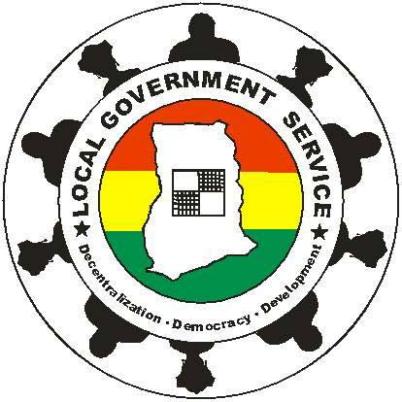Majority of MMDAs do not have in-house lawyers – Lawyer Adjei Dwomoh
The discussions of the programme focused on research by Dennislaw Ghana where it was revealed that 154 MMDAs, (59 per cent of them) operate without by-laws.

Managing Partner of Law Plus Ghana, Dennis Adjei Dwomoh says the majority of Metropolitan, Municipal, and District Assemblies (MMDAs) lack in-house lawyers, and for that matter legal departments.
Speaking on the Law programme by host Samson Lardy Anyenini he said: “If you look at the Ghana Bar portal which we have studied, based on the statistics that we do, the majority of MMDA’s do not have a legal department. They do not have in-house lawyers, so sometimes they want to rely on the Attorney-General’s Office."
Asked if it’s a matter of the MMDA’s inability to afford the services of a lawyer, Mr. Dwomoh said if authorities prioritized the matter, funding should not be an inhibition.
“I think they can attract the lawyers, but however, they have not made it a point to have the lawyers in there. Always they would raise the issue about funding, that we do not have money. But I have said that in this town, there have never been any funding for anything. But when there is a will, there is a way. So if it’s a major priority on the part of the MMDAs to have an in-house lawyer to deal with," he explained.
He noted that it was important Assemblies had legal departments.
“The more reason they need to have an in-house lawyer is because it’s actually risky, on the part of any Chief Executive Officer not to have a lawyer who guides him through the processes. Because the issues relating to procurement, the issue relating to public funding, are all legal issues which actually increases your criminal risks, if you do not have an in-house lawyer to help you go with it.”
The discussions of the programme focused on research by Dennislaw Ghana where it was revealed that 154 MMDAs, (59 per cent of them) operate without by-laws.
The Ashanti Region was found to have the highest number of MMDAs operating without by-laws thus twenty-six (26), followed by the Eastern Region having eighteen (18) MMDAs.
The rest are Greater Accra and Central Regions with fifteen (15) MMDAs.
Additionally, Regions like Bono, Bono East, North East, Oti, Upper East, Upper West, and Western Region have more than fifty percent (50%) of their entire number of MMDAs not operating with by-laws.
The research sought to examine the level of compliance among MMDA’s with the provision of section 182 of the Local Government Act, 2016 (Act 936).
Section 182 of the Local Government Act, 2016 (Act 936), imposes a strict procedural regime on all MMDAs to adopt by-laws for their operation. It states that;
1) Every by-law made by a District Assembly shall be submitted to the Regional Coordinating Council.
(2) The Regional Co-ordinating Council shall ensure that the by-law is consistent with this Act or any other enactment.
(3) Where the Regional Co-ordinating Council
(a) rejects the by-law, the Regional Co-ordinating Council shall notify the District Assembly giving reasons for the rejection; or
(b) approves the by-law, the Regional Co-ordinating Council shall cause the by-law to be published.
Sub-Section 4 makes a very important and striking demand of the MMDAs which is that;
(4) A by-law shall not have effect until the by-law has been
(a) posted on the premises of the District Assembly concerned and in at least one other public place within the district, and
(b) published in a daily newspaper of national circulation or in the Gazette.


